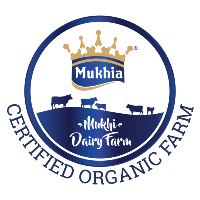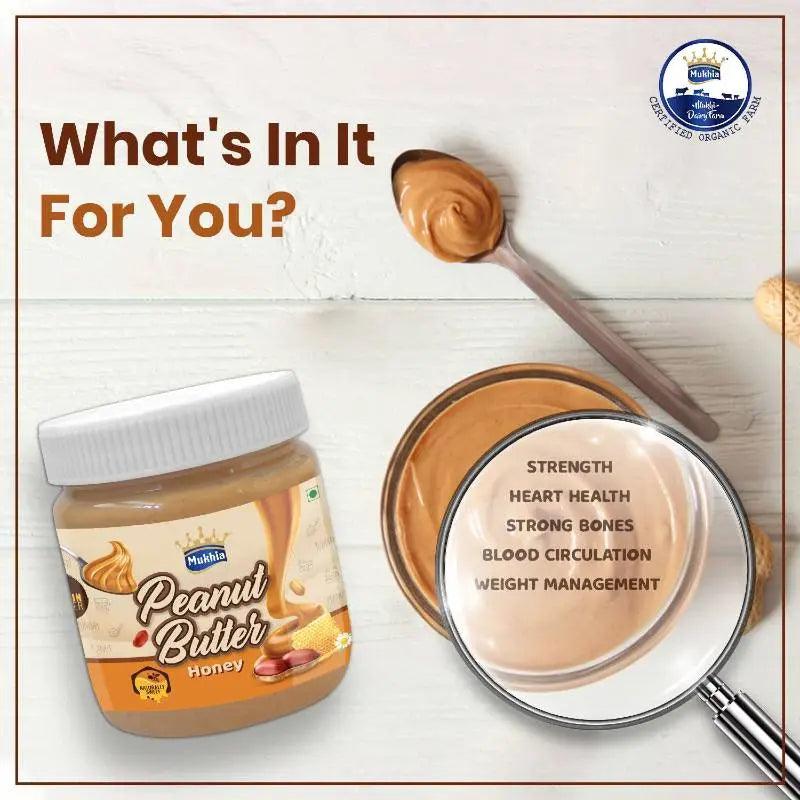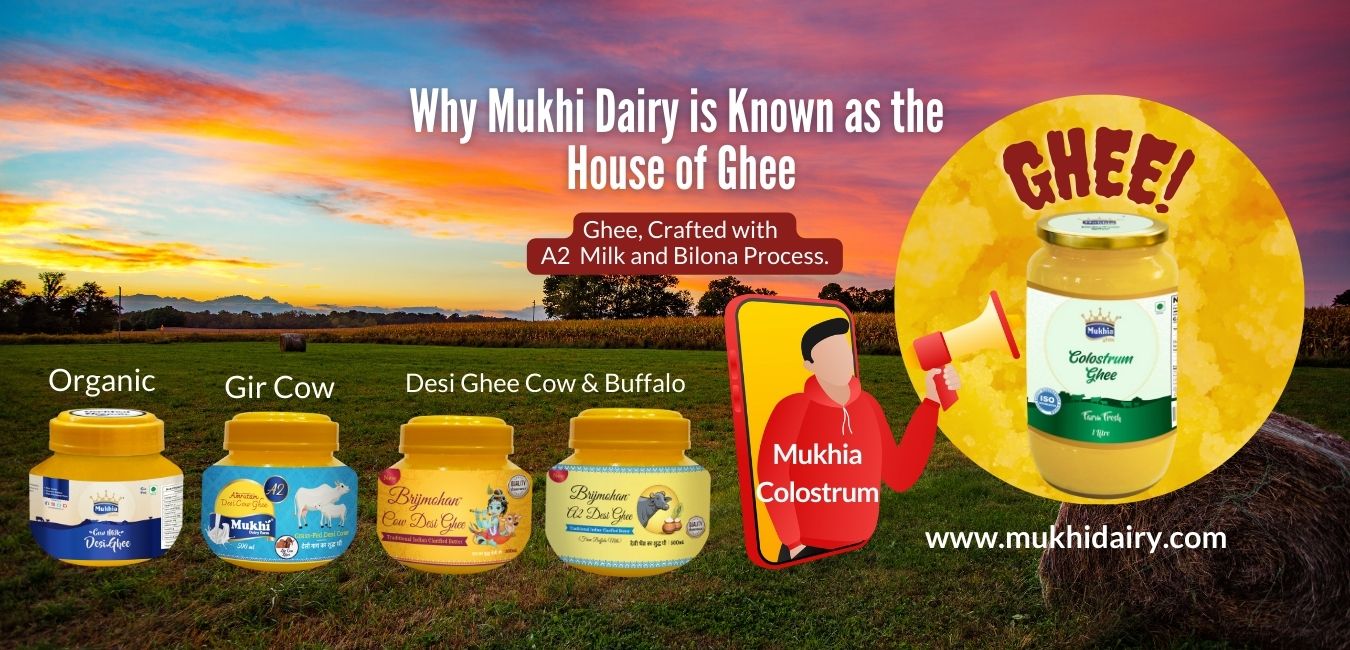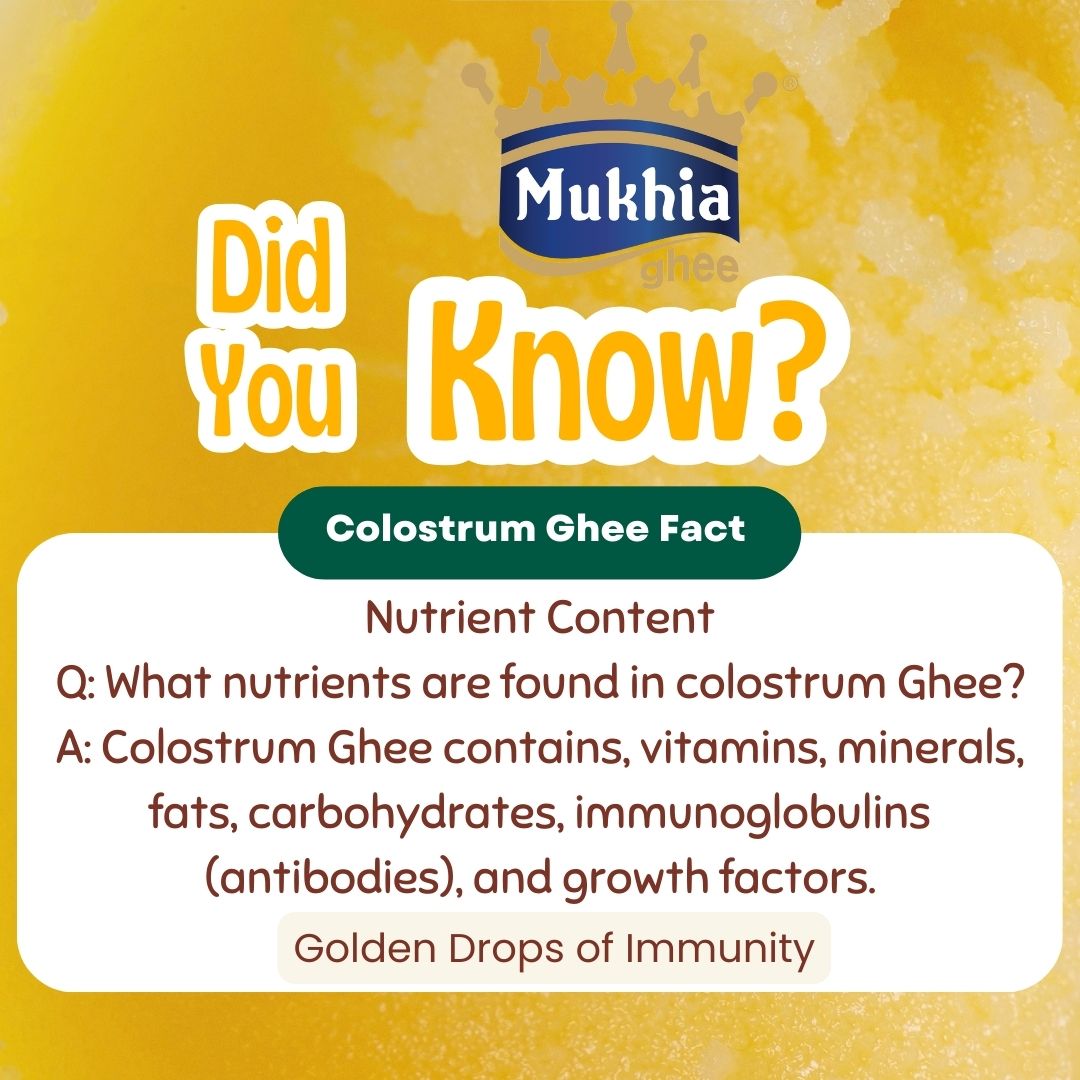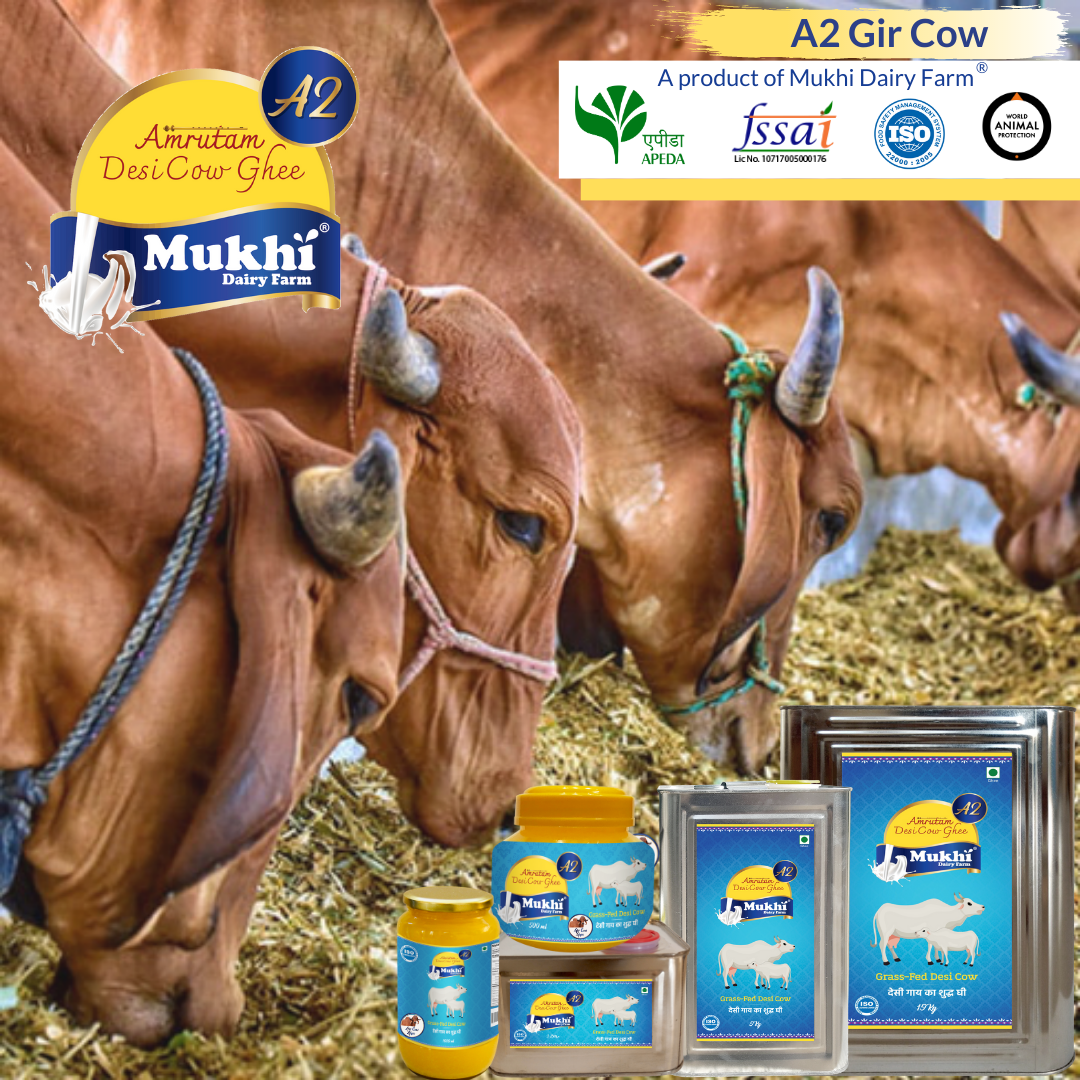
History of Peanut Butter
Agree or not, there's absolutely nothing more satisfying than a spoonful of peanut butter! Rich and creamy, slathered over a toast or between a sandwich, peanut butter simply makes its way to our hearts when it melts in our mouth. And in times of excessive sugar cravings, a giant scoop of peanut butter is all you need! One can find a jar of peanut butter in many homes, simply because it is one ingredient that you can pair with just about everything. A one-stop solution to hunger pangs, cravings to upping the breakfast game, peanut butter could be all you need.
What Is Peanut Butter?
Peanut butter is a portion of relatively unprocessed food. It’s basically just peanuts, often roasted, that are ground until they turn into a paste. Peanut butter is one of the world’s most popular spreads. It tastes delicious, the texture is simply amazing and the way it sticks to the roof of your mouth before it melts is wonderful. People also love peanut butter because it’s affordable, simple, and versatile. And to most people, peanut butter is delicious. But is it also nutritious?
Peanut Butter Nutrition
It’s fair to claim peanut butter as a good source of protein. And even a small serving also contains a lot of important vitamins and minerals. In just two tablespoons, you’ll find 8 grams of protein and 2 grams of fiber. It’s also a remarkably rich source of manganese, niacin, vitamin E, magnesium, and phosphorus.
History Of Peanut Butters
The history of peanuts is a journey from South America, to Asia, east across the Atlantic Ocean and back again to North America. Peanut butter was first introduced at the St. Louis World’s Fair in 1904 and became a source of delicious protein during the first two world wars.
Excellent Reasons to Eat Peanut Butter
Peanuts Are a Healthy Plant Protein- The protein content of peanuts is around 22-30% of total calories. This makes peanut butter a great plant-based protein source. Peanuts offer more protein than any actual nuts. They also contain all 20 amino acids, including arginine, which is important for heart health.
Peanuts Have Complex Carbohydrates and Fiber. And it’s low on the glycemic index scale, so it won’t spike your blood sugar. It also provides fiber, which will help you feel fuller longer. And it helps feed the beneficial bacteria in your microbiome.
Peanuts Are a Crucial Source of Nutrition- Peanuts are energy-dense and nutrient-dense food. And they’re a highly filling food. It makes sense, then, that peanuts have been used as an important source of nutrition for people on difficult expeditions to remote areas, under challenging conditions. Peanuts have helped people travel, fly into space, and trek all over the world.
How to Choose the Healthiest Peanut Butter
To select the best quality, healthiest peanut butter, here are some guidelines:
- Choose organic to reduce pesticide and GMO exposure. We grow our own peanuts at our local Mukhi Dairy Farm and we are certified organic (NPOP) farm. You can be assured that you’re getting the highest quality Mukhia Peanut Butter.
- Make sure it contains only peanuts, without unnecessary extras like sugar and oils.
- Avoid the bulk bins due to aflatoxin risk.
- Choose kinds that separate; healthy peanut butter needs stirring.
